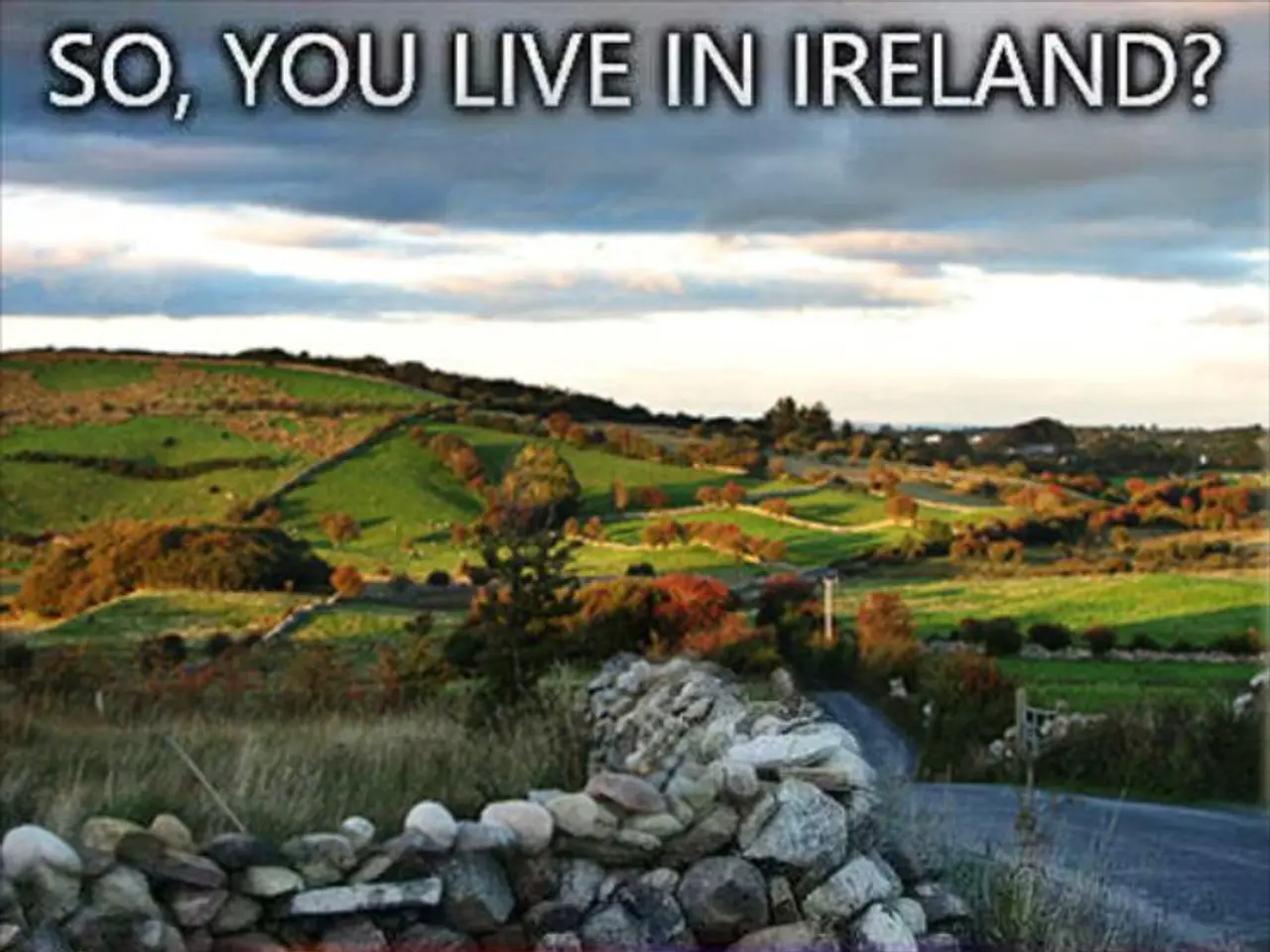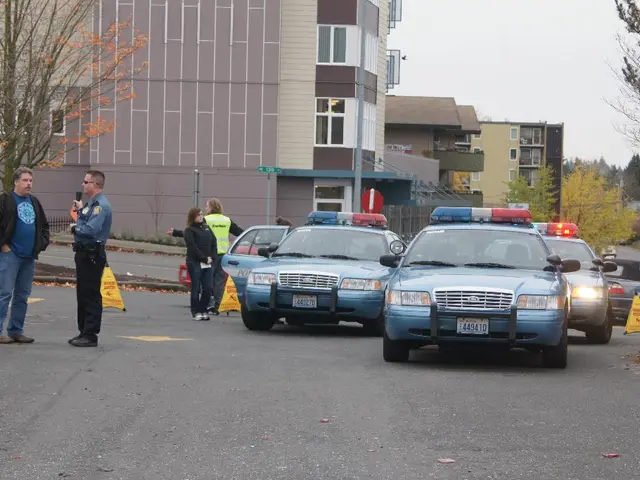Fire engulfs Bidwell Bar Bridge, located in Oroville, California.
In the face of ongoing global challenges, such as the pandemic, children may find it difficult to cope with extreme weather events like wildfires, hurricanes, and other natural disasters. Mental health experts offer advice on how parents can support their children during these trying times.
Psychologist Mindy Wallpe recommends enlisting a teacher's help to break down information about weather events into two separate messages. One message should focus on emotional support, while the other should be geared towards education. Family and marriage therapist Ashley Herndon advises parents to prepare "what" questions to help understand how their kids are feeling.
Norcross, a hurricane specialist, finds that a clear understanding of weather can help calm a child's concerns. He suggests describing how the weather developed, where it could strike, and where it can't, to help children understand. Wallpe emphasizes the importance of providing a safe space for children to express their feelings and validating their emotions.
Children's reactions to extreme weather events can vary. Some may become more withdrawn, others may behave more ambivalently, and some may act out or express anger. Wallpe advises trusting in your ability to know what your child needs in a moment, even if it's not an area you're totally familiar with.
To help children cope with the emotional impact of extreme weather events, parents can validate their children’s feelings about climate anxiety and emotional distress. Maintaining stable routines and caregiving provides a sense of security amid uncertain external events. Connecting children with peer support and community groups can counter isolation and build social resilience.
Utilizing school-based programs that teach trauma-informed coping skills and climate stress education can develop long-term psychological resilience. Seeking professional mental health care and community-based resources should be considered if stress symptoms persist or escalate.
Lea Crager, FEMA Ready campaign director, suggests teaching kids what to do when extreme weather happens so they feel prepared, not scared. Involving kids in preparedness for local weather events can reestablish their sense of control and safety. Herndon suggests limiting social media and video exposure to extreme weather for children, and being aware of one's own media consumption to avoid unexpectedly stressing out children.
Oftentimes, children internalize weather events they aren't experiencing physically as traumatic events. The wildfires in the American West since the start of 2020 have destroyed nearly 5 million acres across California, Oregon, and other states. Wallpe suggests comforting younger children with the idea that adults are looking out for children directly impacted by weather events and that they have people to talk to.
Working with your child in researching the specific needs of those affected by a disaster and brainstorming ways you can contribute as a family can provide a sense of agency and empowerment. The 2020 hurricane season has resulted in so many storms that the National Hurricane Center ran through the predetermined 2020 storm names and started using names from the Greek alphabet.
Wallpe recommends helping children process the impact of traumatic weather events by reaching out and supporting those who are hurting. Straightforward speech and dismissing fiction with facts can help parents have deeper conversations with their children about extreme weather events.
Wildfires in Los Angeles County, California have been burning since March and are causing ash to rain down. Acknowledging that children’s brains are still developing and vulnerable to chronic stress, protecting mental health in such multi-level ways is critical to mitigating long-term impacts of climate-related adversities combined with the ongoing pandemic challenges.
[1] Wallpe, M. (2020). Helping Children Cope with Disasters: What Parents Need to Know. American Psychological Association.
[3] Herndon, A. (2020). Helping Kids Cope with Climate Anxiety. Psychology Today.
[5] Norcross, B. (2020). How to Talk to Kids About Climate Change. The New York Times.
- Psychologist Mindy Wallpe suggests enlisting a teacher's help to break down information about extreme weather events into two separate messages, one for emotional support and the other for education.
- Involving kids in preparedness for local weather events can reestablish their sense of control and safety, as suggested by Lea Crager, FEMA Ready campaign director.
- Mental health expert, Mindy Wallpe, advises helping children process the impact of traumatic weather events by reaching out and supporting those who are hurting.
- Working with your child in researching the specific needs of those affected by a disaster and brainstorming ways you can contribute as a family can provide a sense of agency and empowerment.
- To help children cope with the emotional impact of extreme weather events, parents can validate their children’s feelings about climate anxiety and emotional distress, as advised by family and marriage therapist, Ashley Herndon.







